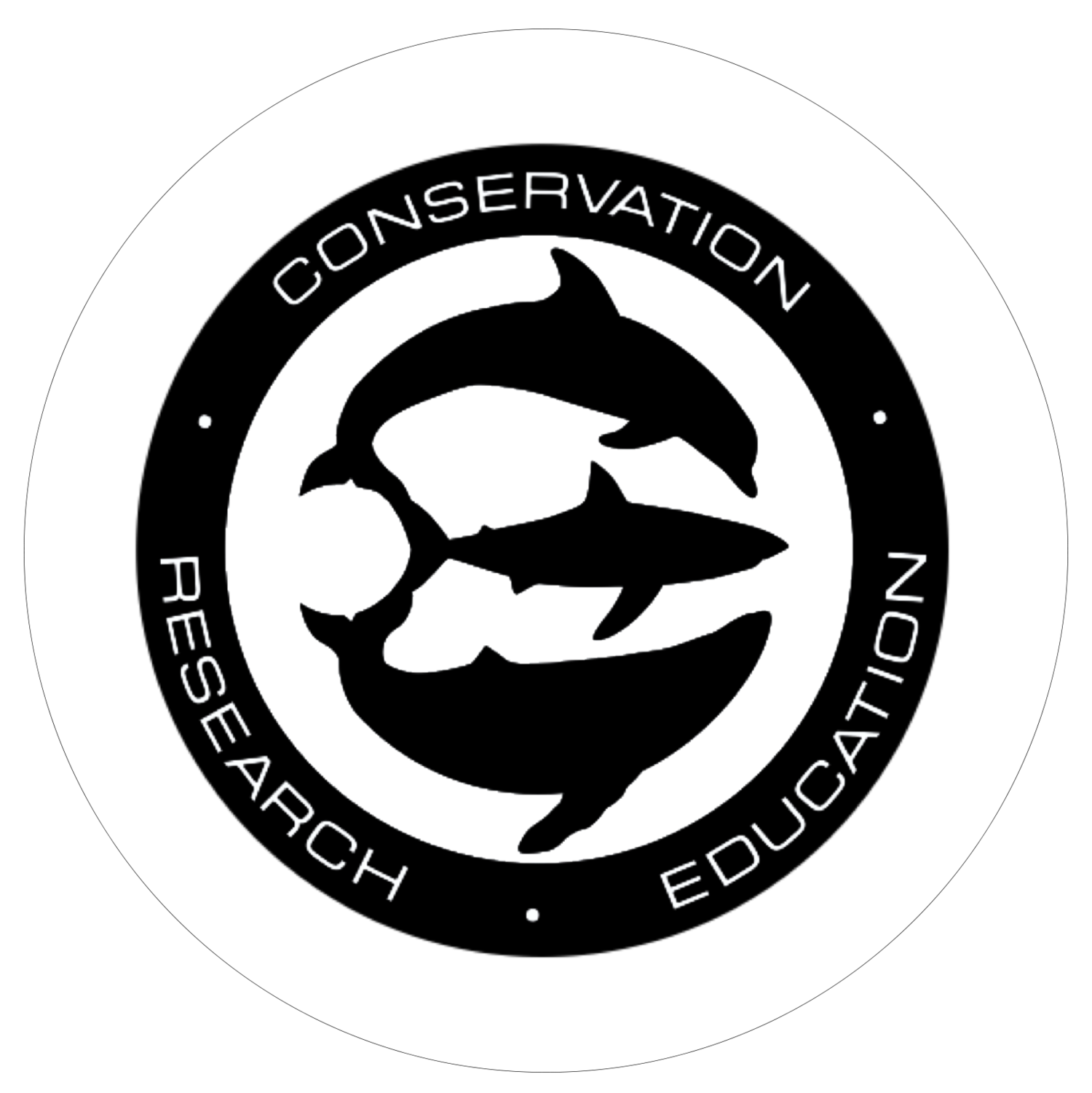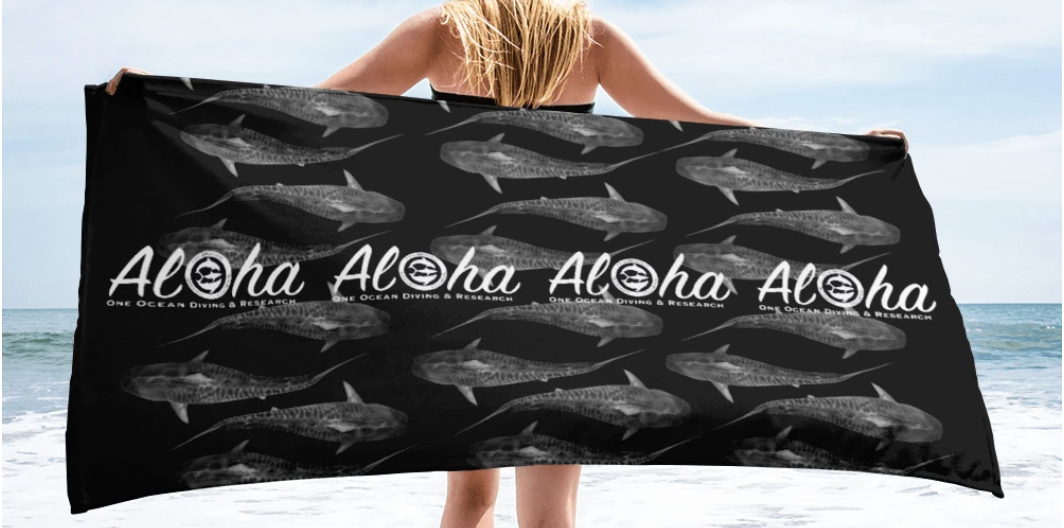Dr. Sylvia Earle, renowned oceanographer and former chief scientist at NOAA, has dedicated her life to understanding and safeguarding the ocean. Her insights into sustainable seafood emphasize the importance of preserving marine ecosystems and rethinking our relationship with ocean life.
Fish Are Wildlife, Not Just Food
Dr. Earle encourages us to view fish not merely as commodities but as vital components of marine ecosystems. She highlights that many fish species, such as tunas, are top predators and play crucial roles in maintaining the balance of ocean life. Overfishing these species disrupts this balance and threatens the health of the entire marine environment .
The Impact of Industrial Fishing
Industrial-scale fishing has led to significant declines in fish populations. Dr. Earle points out that removing large quantities of fish from the ocean not only depletes these populations but also affects the ocean's ability to sequester carbon, thereby influencing climate change .
Rethinking Seafood Consumption
Dr. Earle advocates for a reevaluation of our seafood consumption habits. She suggests that, given the current state of ocean ecosystems, it may be necessary to reduce or pause seafood consumption to allow fish populations to recover. This approach emphasizes the need for responsible and informed choices regarding seafood .
Establishing Marine Protected Areas
One of Dr. Earle's key initiatives is the promotion of marine protected areas, or "Hope Spots," which are critical regions of the ocean designated for conservation. By protecting these areas from human interference, we can preserve biodiversity and allow marine ecosystems to thrive .
Embracing Sustainable Alternatives
Dr. Earle also supports the development of sustainable alternatives to traditional seafood. She challenges the notion that consuming large quantities of wild-caught fish is necessary for global food security and encourages exploring plant-based options and responsible aquaculture practices .
Conclusion
Dr. Sylvia Earle's perspective urges us to recognize the intrinsic value of marine life and the importance of sustainable practices. By viewing fish as integral parts of the ocean's ecosystem, reducing industrial fishing, and supporting marine conservation efforts, we can contribute to the health and longevity of our oceans.





